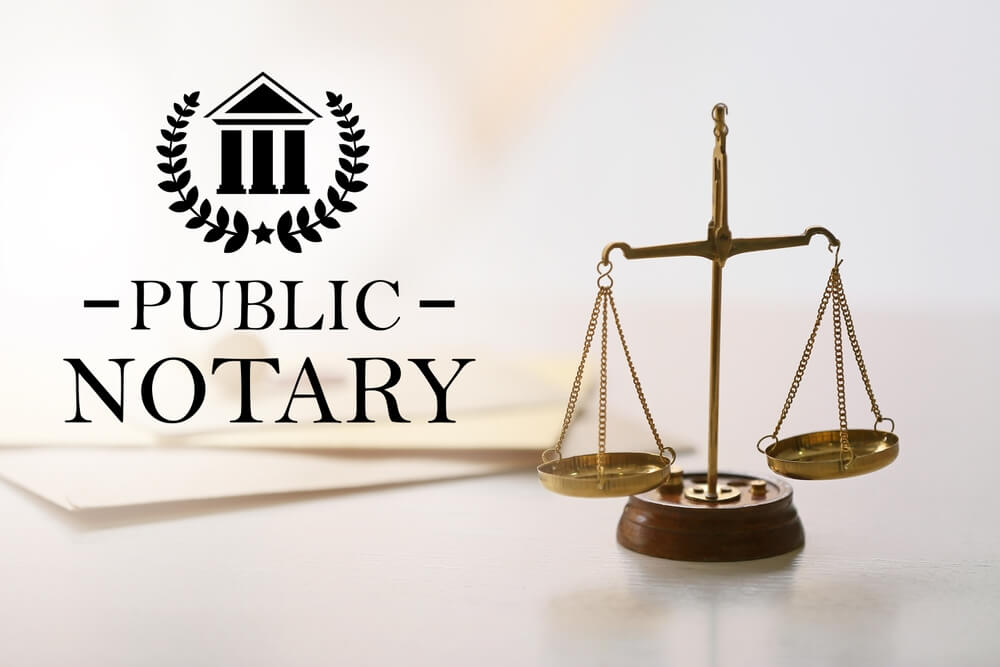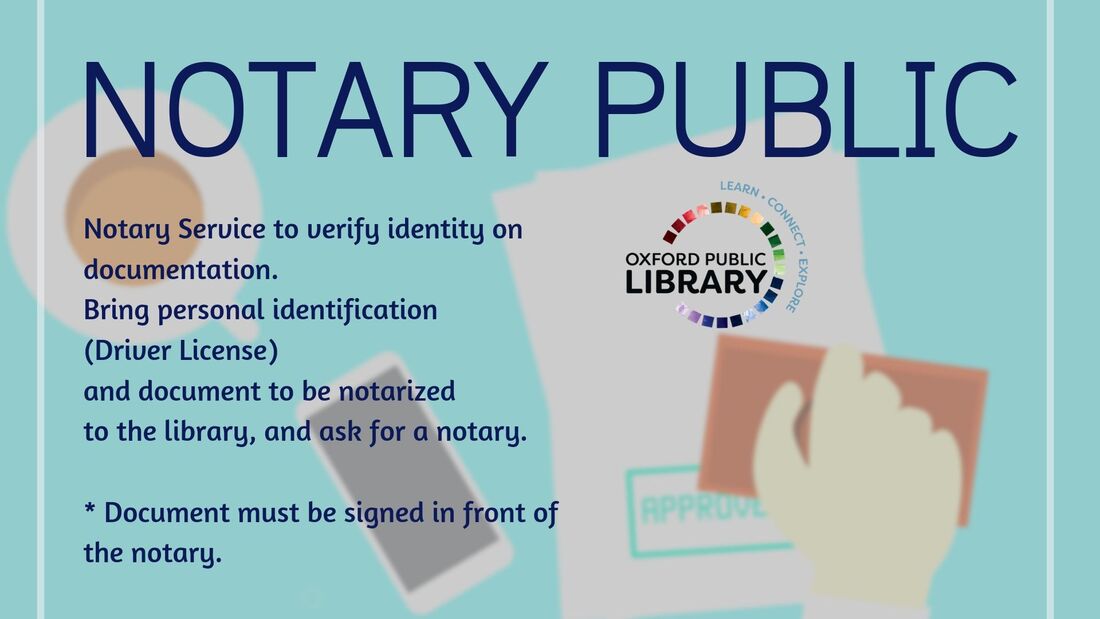Debunking Notarial Work: Simplifying the Role and Relevance of Notaries
In the detailed internet of lawful documents and confirmation, notaries stand as columns of assurance and credibility. Their role, usually shrouded in mystery for numerous, carries significant weight in making certain the legitimacy and integrity of essential documents. As guardians of legitimacy and fact, notaries play an essential component in our culture, yet their work is not constantly totally understood. By unraveling the complexities surrounding notarial methods and dropping light on the value of their acts, a more clear understanding emerges of the crucial role notaries play in supporting the textile of contractual and lawful agreements.
The Background of Notarial Job
The history of notarial job days back to ancient human beings, where scribes played a crucial duty in videotaping essential information and validating documents. This led to the development of notaries, people appointed by the state to act as neutral witnesses in lawful issues.
Throughout the Center Ages, notaries got prestige in Europe, with their features increasing to consist of drafting legal documents, accrediting signatures, and protecting records. The increase of worldwide profession better highlighted the relevance of notarial job in validating contracts and contracts across boundaries.
In the modern-day era, notaries remain to play a crucial role in lawful and business transactions by confirming identifications, verifying the credibility of documents, and preventing scams. Their function in accrediting the legitimacy of arrangements includes a layer of safety and trust fund to the ever-evolving landscape of business and regulation.

Duties and Obligations of Notaries
Notaries play an essential role in confirming the authenticity of files and the identification of signatures. One of their primary duties is to witness the finalizing of vital files, such as agreements, actions, and wills, to make sure that all celebrations are entering right into contracts intentionally and willingly.
Additionally, notaries are entrusted with administering affirmations and vows, which are critical in legal proceedings and the execution of sworn statements. They license copies of initial records, giving assurance to organizations that the copies are real replicas of the originals. Notaries should maintain accurate documents of all transactions they look after to ensure transparency and accountability. On the whole, the obligations and obligations of notaries are essential in protecting the honesty and validity of numerous documents and transactions.
Notarial Certificates and Signatures
Exemplifying precise focus to information, notarial certifications and trademarks work as important elements in validating the authenticity of legal records. Notarial certifications generally have critical details such as the day of notarization, the names of the notaries, a summary of the paper, and the notary's main seal. These certificates supply a clear document of the notarial act, making certain that the record can be easily determined and mapped back to the notary who looked after the procedure.
Trademarks play an essential function in notarial job, as they symbolize the agreement and consent of the celebrations included. Notaries carefully witness the finalizing of documents to confirm the identity of the signatures and confirm that they are signing of their own totally free will. By affixing their official seal and trademark to the record, notaries accredit that the required procedures have actually been complied with which the record is valid and enforceable.
Basically, notarial certificates and trademarks are the trademark of authenticity in lawful deals, offering guarantee to all celebrations included that the documents are genuine and binding.
Significance of Notarial Acts

Registration Process Described
The notarization procedure usually starts with the specific offering the document to a notary public. As soon as the identification is verified, the notary ensures that the individual authorizing the paper does so voluntarily and without any kind of coercion.

Conclusion

Notarial certifications generally contain important information such as the date of notarization, the names of the notaries, a summary of the paper, and the notary's official seal. These certifications provide a clear record of the notarial act, making certain that the record can be easily determined and mapped back to the notary who looked after the procedure.
By affixing their official seal and signature to the record, notaries license that the necessary procedures have been followed and that the file is valid and enforceable.
By confirming the identity of the notaries, verifying their willingness to get in right into the contract, and certifying the date and place of the signing, notaries play a critical function in upholding the credibility of lawful records.After the record is signed, the notary will fasten their official seal or stamp onto the document.